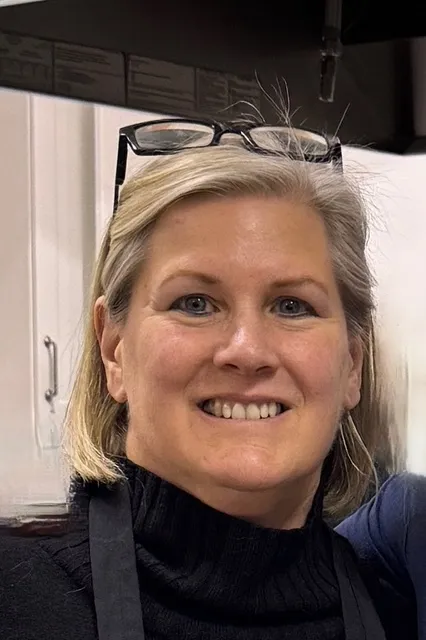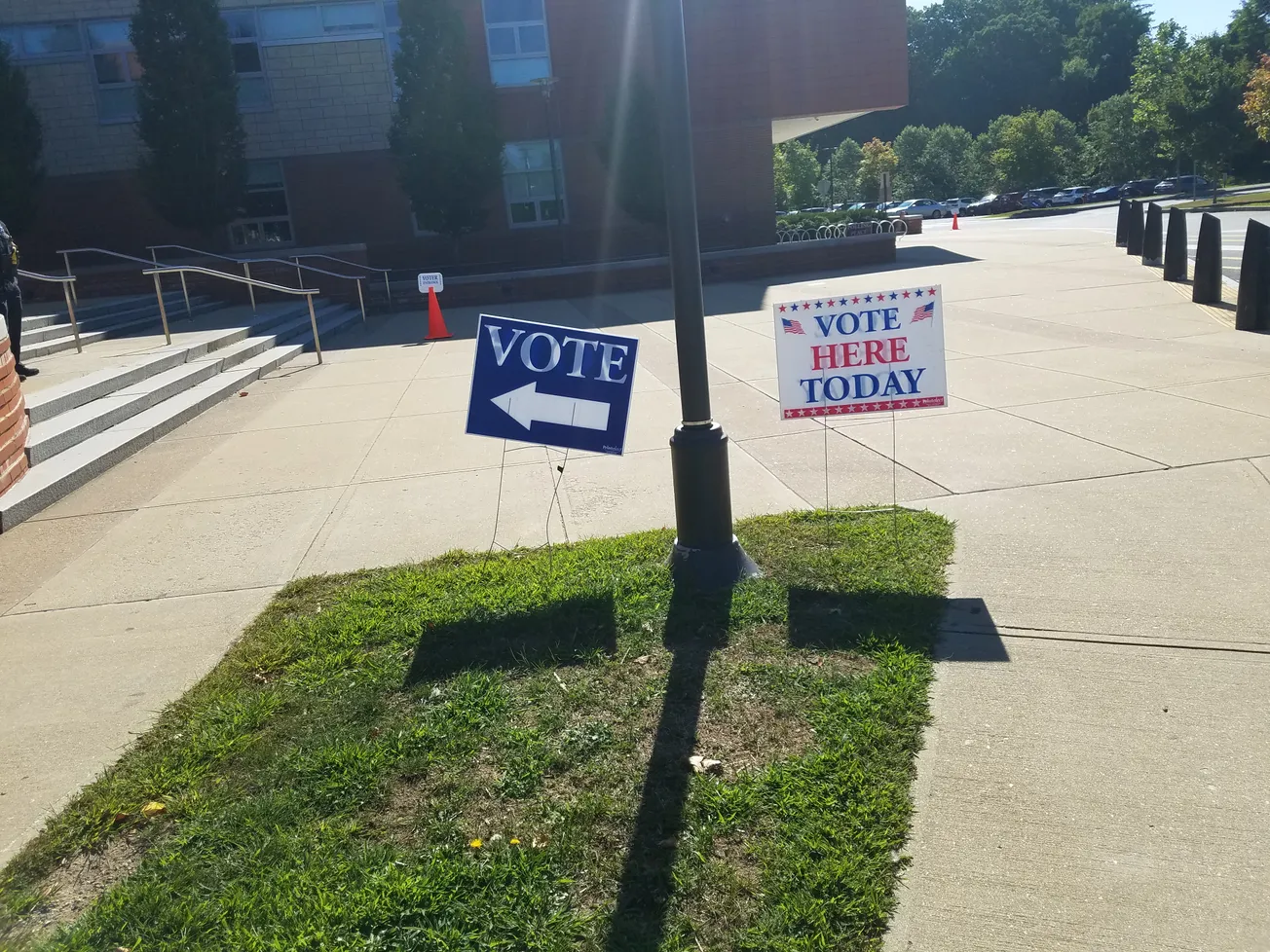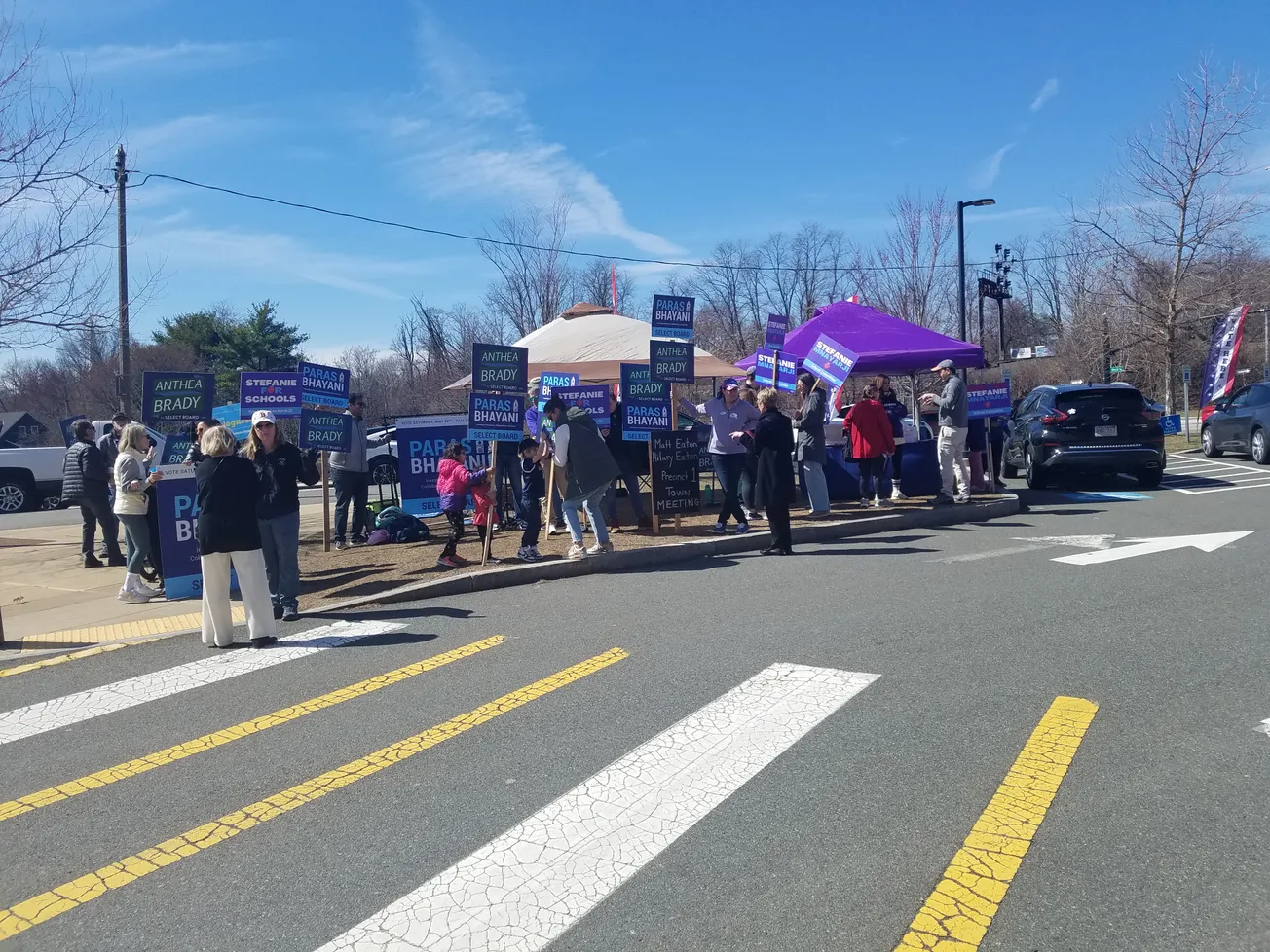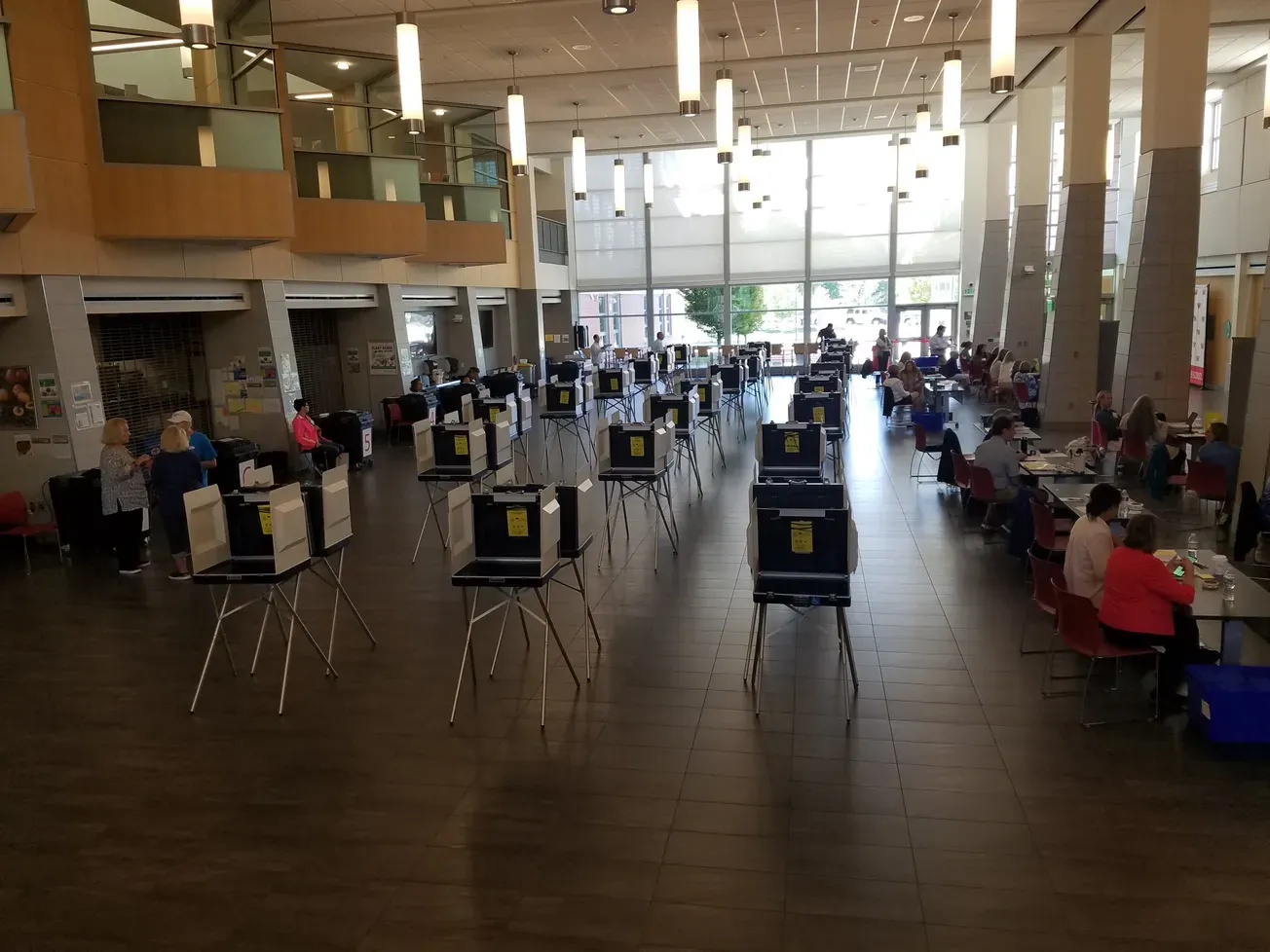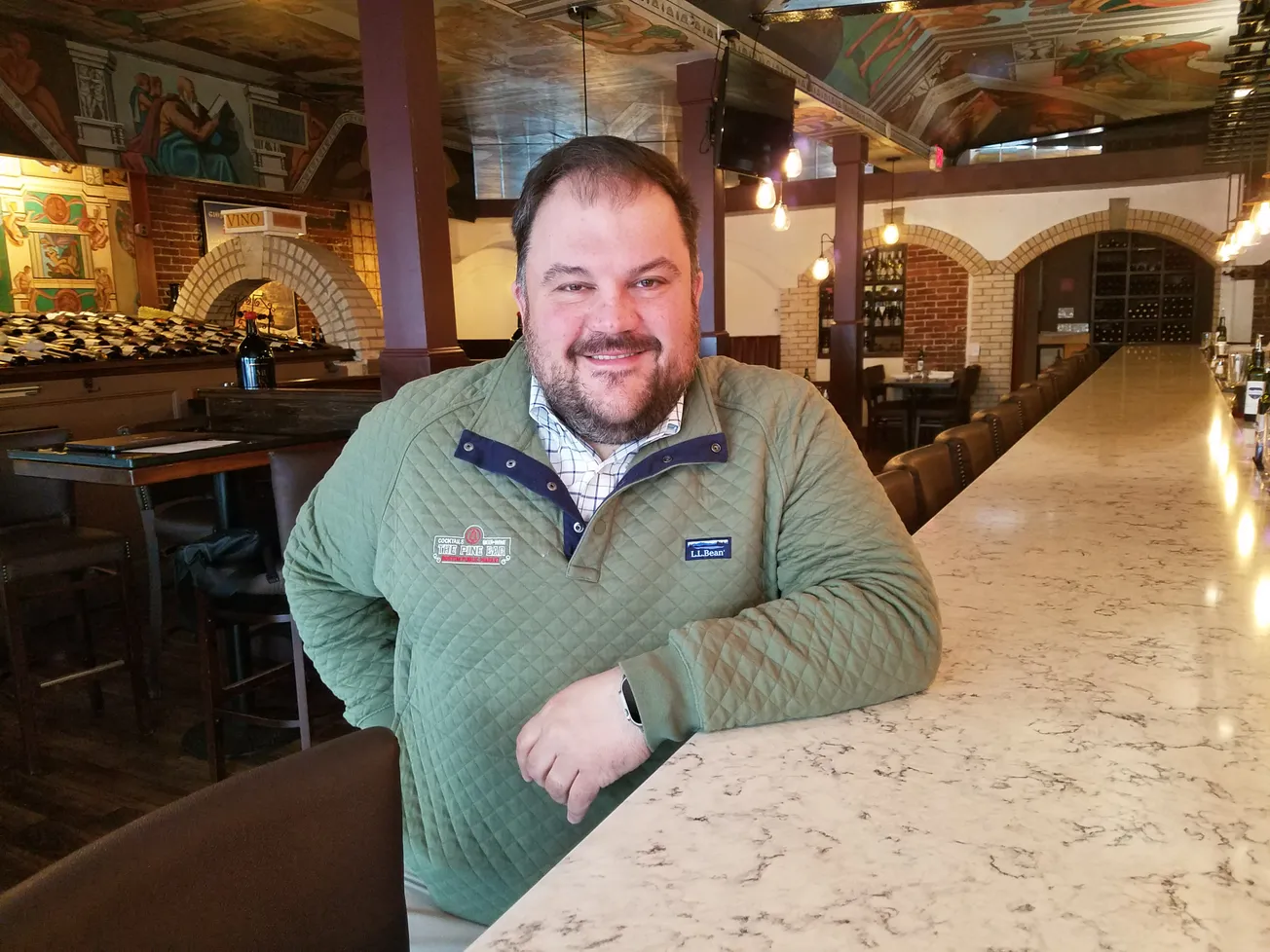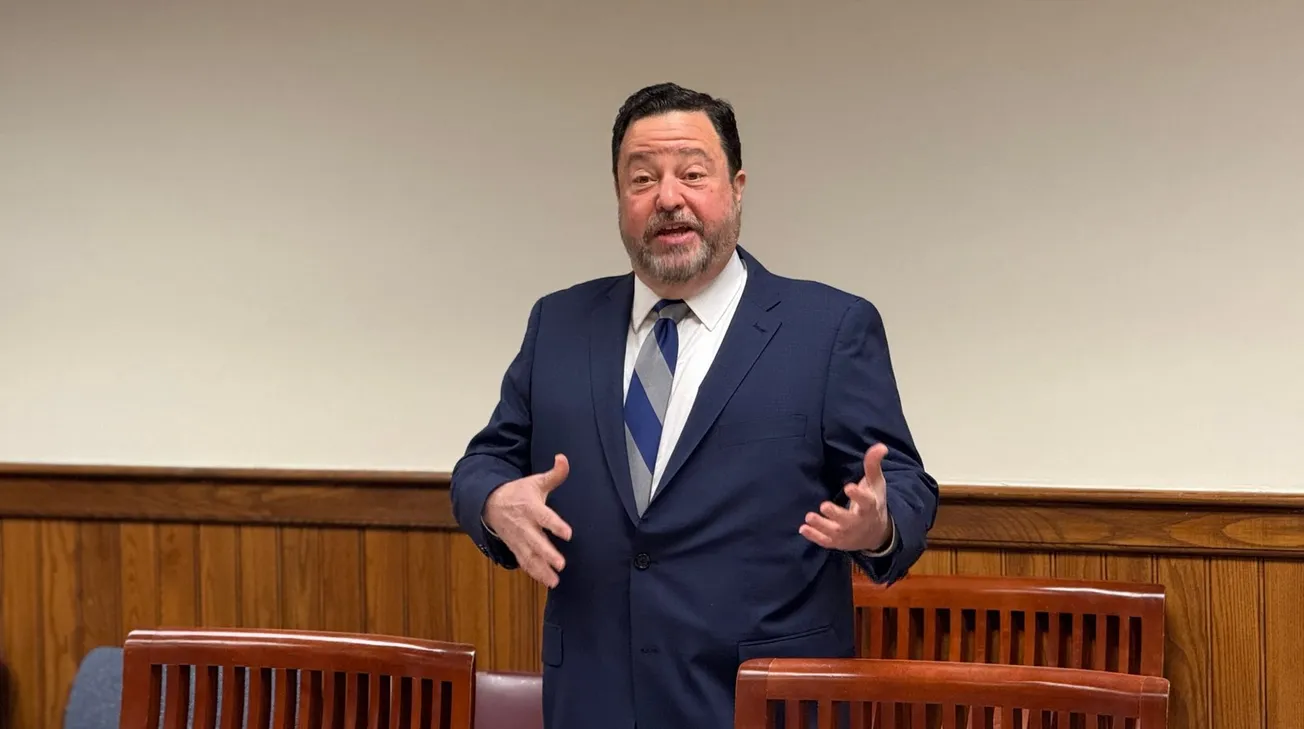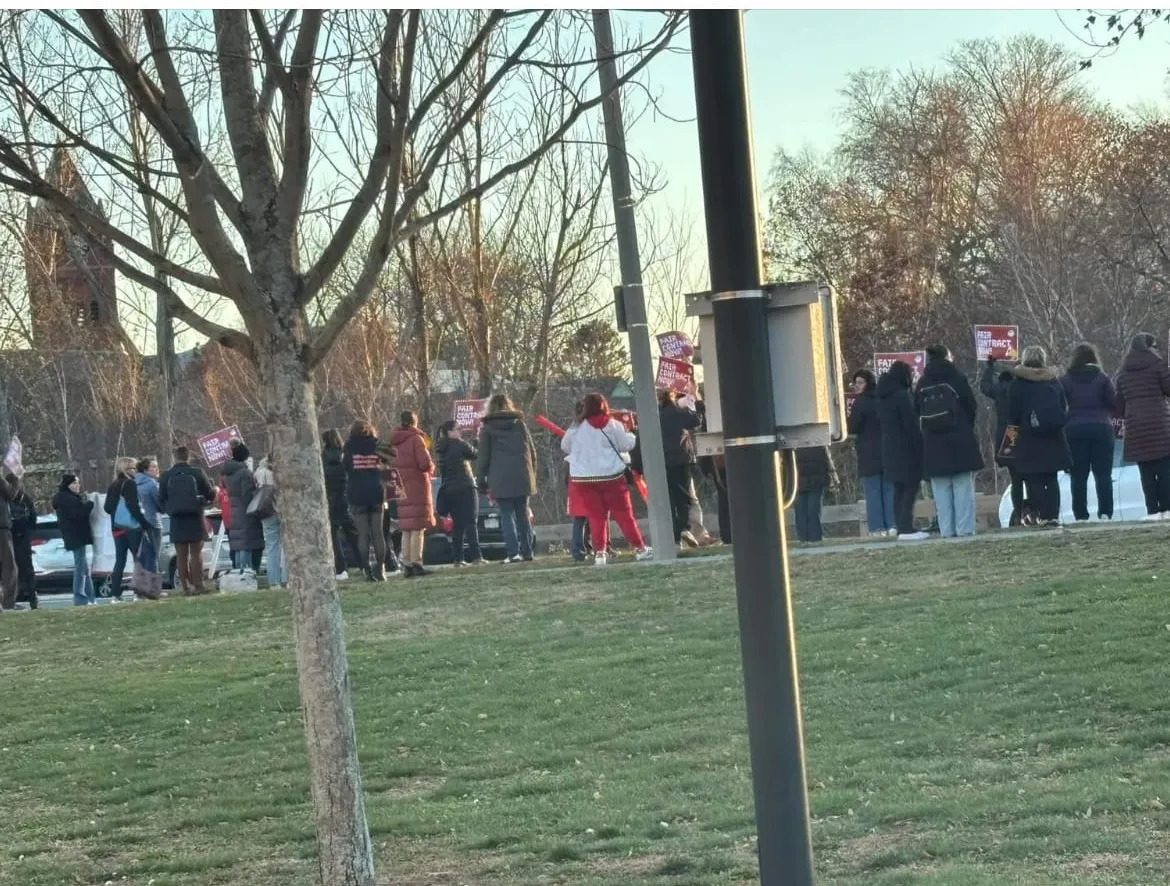Table of Contents
How many years have you lived in Winchester? 35 years.
Please describe your professional background and education. I graduated from Boston College and Cornell University Law School. I practiced as a litigator in Boston for many years and have since practiced law privately, focusing on my own real estate portfolio.
What Winchester town positions (appointed or elected) have you held, and for how long? This is my first time running for any town office.
Can you share any volunteer work or civic engagement experiences that have shaped your career perspective and prepared you for this role? I have been very engaged in Winchester throughout the years. With three sons in the school system, I served on the board of the WCNS preschool and in many positions at the parent associations at Muraco (13 years), McCall (nine years) and Winchester High School (10 years). I was co-president of the Muraco PTA, co-president of the McCall Parents Association and parent representative for the WHS Class of 2013.
Townwide, I was co-president of the Parent Inter-School Council for two years. I worked for more than 15 years with the Community Schools Association, bringing enrichment programs to the schools, including Authorfest. I was also the treasurer of Friends of Music for 10 years.
I have been a member of the Winchester Coalition for a Safer Community for 15 years, bringing educational programs to the community ranging from anti-bullying programs to substance abuse and mental health awareness.
What are the primary issues motivating your candidacy? My primary issues are maintaining the BOH and health department's strong partnership, enhancing the health department's communication methods and ensuring resources are equitably distributed, including the town's share of federal funds to combat opioid addiction. With extensive experience in various educational and community roles, I understand our public health needs and challenges. I will leverage this experience to foster a safer and healthier environment for all residents.
Board of Health-specific questions
1. Given the reduction in federal public health data collection, what specific steps would you take to enhance local health data collection and monitoring? Given recent efforts to reduce or eliminate CDC and NIH reporting, we need a proactive stance on public health data collection. Fortunately, Massachusetts has a history of collaboration and transparency with communities, ensuring the sharing of essential public health data.
Winchester benefits from its established alliance with Winchester Hospital, which provides access to data and monitoring resources. In addition to leveraging state and hospital data, Winchester must continue to seek primary data from the community through questionnaires, surveys and focus groups. The BOH needs these grassroots efforts to understand community needs and set priorities.
A prime example of the benefit of such community-driven data collection is the health department's recent community questionnaire on opioid abuse and addiction. The insights from this initiative will guide the BOH in making recommendations to the health department regarding the allocation of opioid settlement funds.
A comprehensive and proactive approach will keep Winchester at the forefront of public health preparedness, safeguarding the well-being of residents against emerging health threats.
2. What measures would you advocate for to mitigate health risks associated with climate change, such as vector-borne diseases and heat-related illnesses? I propose a comprehensive approach to mitigate health risks associated with climate change, such as vector-borne diseases and heat-related illnesses. Effective communication is paramount, ensuring that accurate and timely information is readily accessible to all residents.
We need technological resources to upgrade our health department's website and establish an active social media presence. These platforms will provide real-time updates on critical data and health recommendations, ensuring our community remains informed and prepared.
Direct educational messaging can highlight both the risks and preventative measures against diseases transmitted by insects. This includes clear, informative signage at playgrounds, fields and recreational areas frequented by our children.
These initiatives will enhance our community's resilience against the health challenges posed by climate change. Together, we can create a safer, healthier environment for all residents.
3. How would you enhance the Board's preparedness and response strategies for future health crises? I am committed to enhancing the board's preparedness and response strategies for future health crises. During the COVID-19 pandemic, the board worked effectively with the health department in disseminating crucial information and implementing measures to curb the spread of the virus. The communication tools I previously referenced will maintain and strengthen this central role.
Currently, potential health threats such as the avian flu require immediate attention and action. I propose the following measures:
- Enhanced Communication: Continue utilizing direct mail notices for backyard chicken permit holders, while expanding outreach to educate the broader community about the risks of avian flu. Establish a hotline for reporting deceased birds to facilitate swift responses.
- Proactive Monitoring: Prioritize tracking the spread of avian flu and other emerging diseases, using advanced data collection and monitoring systems.
- Community Engagement and Education: Implement clear and accessible educational campaigns on disease prevention and health risk mitigation, targeting playgrounds, fields and recreational areas with informative signage.
By adopting these strategies, we will bolster our capacity to respond effectively to health crises, ensuring the safety and well-being of all residents. Together, we can build a more resilient and prepared community.
Have questions for Hill? Contact her at hill.davis@comcast.net

